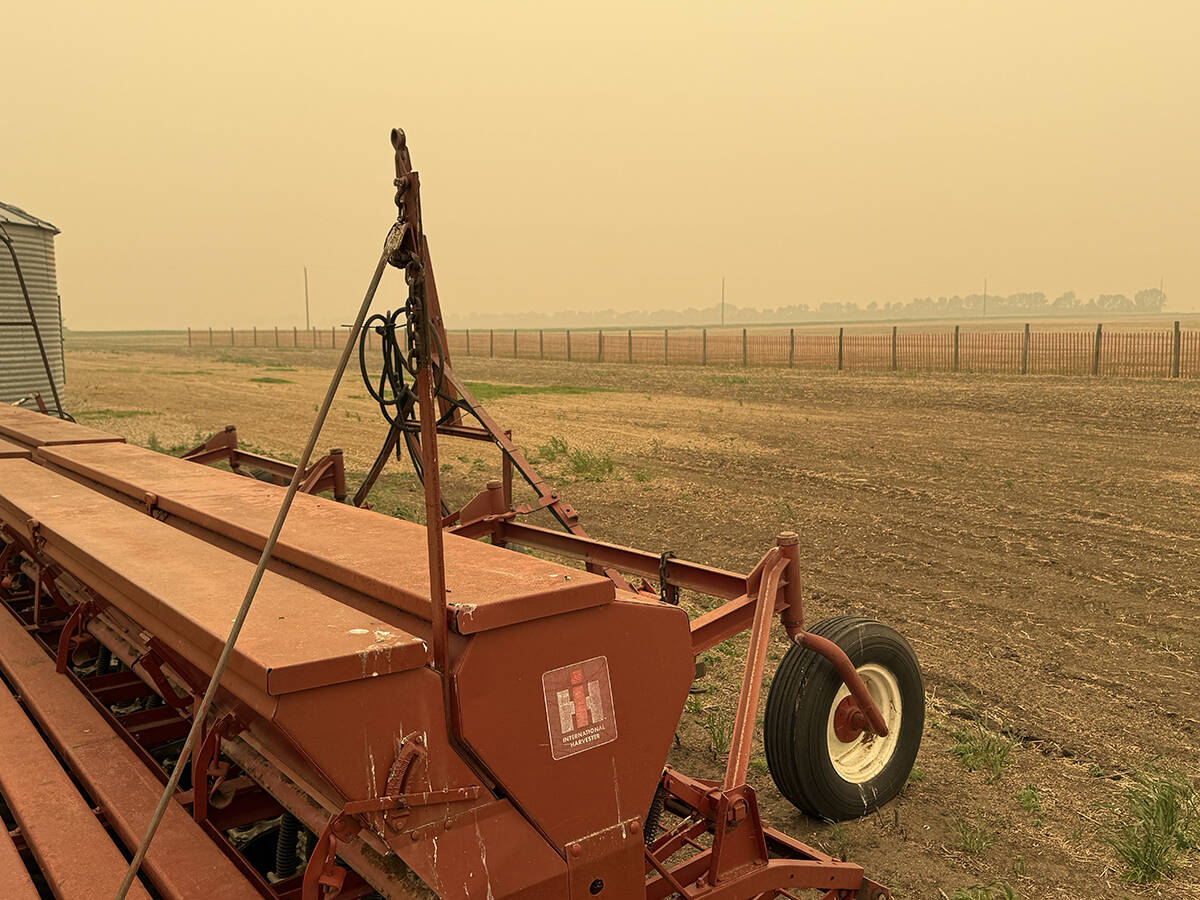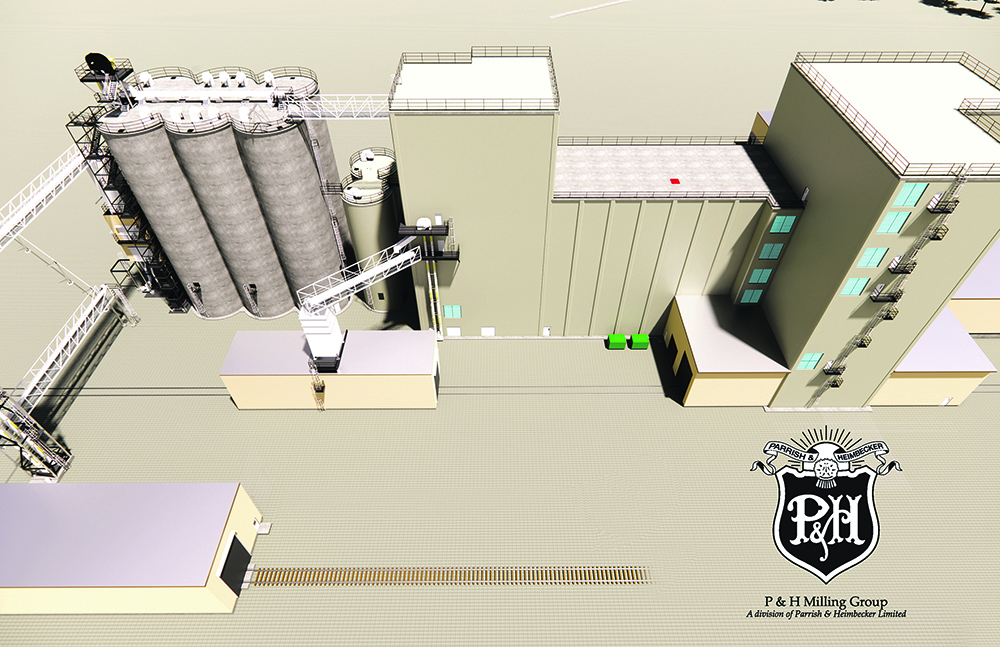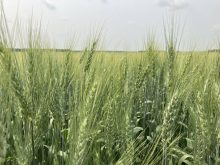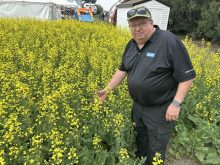P&H says increased demand behind plans to build wheat milling facility in Alberta and expand an existing mill in Ontario
SASKATOON — A major Canadian grain company is building two new wheat flour mills in response to rising domestic consumption of the product.
“We’re seeing the demand pinch and so we knew we had to expand,” said Mike Warkentin, director of special projects and stakeholder relations with P&H Milling Group, a division of Parrish & Heimbecker.
Related stories:
“We’ve seen a significant growth in the commercial baking industry in Western Canada.”
Read Also

Wildfires have unexpected upside this year
One farmer feels smoke from nearby wildfires shrouded the July skies and protected his crop from the sun’s burning rays, resulting in more seeds per pod and more pods per plant.
He chalks that up to Canada’s rapidly rising population.
“We’re letting more immigrants into the country than ever before, which is fantastic,” said Warkentin.
The Canadian government has targeted 485,000 immigrants for 2024 and 500,000 for 2025 and 500,000 for 2026.
That is well above the annual average of 250,000 to 300,000 for most years since the turn of the century.
Many of those immigrants are accustomed to wheat-based diets, and P&H is responding to that new source of demand by building a $241 million mill in Alberta’s Red Deer County.
The plant will process 230,000 tonnes of milling wheat per year once it is up and running in the fall of 2026.
To put that in perspective, Canada produced 2.5 million tonnes of wheat flour in 2023.
P&H’s ninth flour mill will service commercial bakers, retail bakers, large bakery wholesalers and major pizza commissaries in Canada.
The project comes on the heels of another major announcement from the company in February that it is expanding its flour mill in Hamilton, Ont.
That plant will have the capacity to process 460,000 tonnes of milling wheat per year once the expansion is completed in the spring of 2026.
MarketsFarm analyst Bruce Burnett said this is good news for what had been a dull wheat market.
“It’s welcome to see this reversal of trend where the wheat has been rather stagnant, especially since the Atkins Diet stuff happened and per capita consumption sort of flatlined,” he said.
“For domestic millers like P&H, this is significant for them because we’ve been in a fairly slow growth era for population up until the last five years.”
Burnett said he would hesitate to call this a boom for the wheat industry, but it does change the forecast of continued slow growth for the sector.
“This is nice to see, and it will give a chance for companies like P&H to reinvest in the infrastructure because some of the infrastructure is getting old,” he said.
Rogers Foods Ltd. also recently completed an expansion of its wheat mill in Chilliwack, B.C., increasing the facility’s capacity by one-third.
Canada had 55 wheat and oat mills prior to the recent project announcements. Eighty per cent of those facilities are more than 15 years old.
The mills grind more than 3.8 million tonnes per year of wheat, oats, rye, barley and other grains, according to the Canadian National Millers Association.
Warkentin said Red Deer County made “logistical sense” for its new facility, being located halfway between Edmonton and Calgary, two major flour consumption centres.
Retail sales of flour products increased by 24 per cent in Alberta between 2019 and 2022, according to a news release issued by the province.
The new P&H plant will be located on Canadian Pacific Kansas City’s main north-south rail line and just off Alberta’s Highway 2.
It will also be situated in the heart of Western Canada’s spring wheat growing region. Alberta accounted for 29.2 per cent of Canada’s total wheat production in 2023.
What made the location even more appealing was the support the company received from Alberta and Red Deer County.
“They have created an ecosystem for agri-food investment in that region,” said Warkentin.
The province granted the company a $27.3 million investment tax credit.
“P&H Milling Group’s new flour mill project is proof our Agri-Processing Investment Tax Credit program is doing its job to attract large-scale investments in value-added manufacturing,” Alberta agriculture minister RJ Sigurdson said in a news release.
















